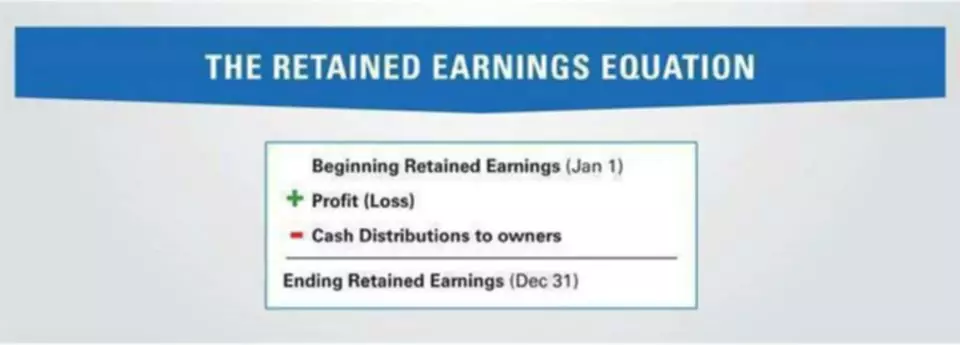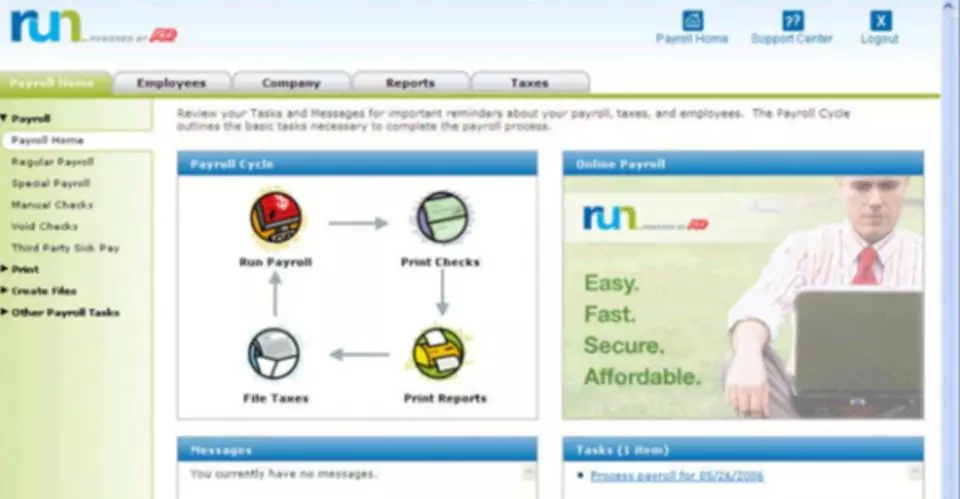A Look At The Advantages Of Cloud Accounting
Content

81% of all enterprises have reported that they have a multi-cloud strategy already laid out or in the works. 66% of accountants feel their firms need to increase the pace of technology adoption to stay competitive.

The are several reasons why businesses need to consider cloud accounting. Below, we have highlighted 4 major reasons why cloud accounting is beneficial.
Insufficient availability of resources/expertise
QuickBooks Enterprise is a cloud-based software that provides best-in-class accounting, inventory management, reporting, payroll, and other enterprise accounting-related processes. The robust platform has a capacity for one million customers, vendors, and inventory items.
What is Cloud based Accounting and how can it help your business? Check this out https://t.co/qX7kTTLRx1 #financeconsultant #accountingconsultant #virtualaccounting #accounting #financialadvisory #bookkeeping https://t.co/U1KuKT4PIr
— Nuvem9 (@Nuvem9_Finance) May 13, 2019
Your transactions will be recorded as you go, and can then be swiftly exported into the relevant tax return templates and sent digitally to the revenue. Cloud accounting solutions also allow employees in other departments, remote or branch offices to access the same data and the same version of the software. Using cloud accounting software frees the business from having to install and maintain software on individual desktop computers. But today’s businesses also need a way to unify sellers with other key business functions, including professional services teams and traditionally back-office roles, such as accounting and finance. This powerful accounting software easily integrates with other apps such as Microsoft Word and Excel, Outlook and Office 365 email, and Gmail. For the desktop enterprise with cloud access, you can connect by using the Microsoft Remote Desktop Connection Client. Sage 50cloud integrates with various business systems and applications such as Microsoft Office 365, Bill.com, Skype, and BQE Core.
Access To Real-Time Overviews
Paper-based accounting comes with manual processes that take time and can be error-prone. Not only does automation improve your accounting systems’ accuracy, but it also makes them so much more efficient and, most importantly, faster.
When Should a Company Use Cloud Accounting?
Given the major advantages of cloud accounting and its lower upfront costs, many newer companies adopt a cloud accounting solution from the start. Even entry-level accounting systems now offer cloud versions and may push customers in that direction. Finance and accounting are at the root of what all businesses do — they need a way to monitor transactions and gauge their financial health at any moment. Without sound financial practices, a business will not last long and risks noncompliance with major financial and tax regulations. When a company is first getting started, it may use spreadsheets or other manual systems to manage their general ledger and other accounts. However, this approach is error-prone and cumbersome and often quickly proves unsustainable. A cloud accounting system addresses all these common issues. There is software available for everything from sole proprietorships to multinational enterprises, so it’s a logical option for just about any business, in any industry. Ещё
Filing through expenses, receipts and invoices can be quite arduous. With a cloud-based accounting software program, you can import the data from your paperwork cloud accounting straight into the cloud. Moving this data into the software will give you an easier real-time view of your finances without flipping through papers.
How Does Cloud Accounting Work?
Cloud accounting technology safely stores, processes and manages all of your company’s accounting data on one secure platform. The data is kept encrypted, like a bank, and can be accessed only by entering the correct login details. You can access the cloud servers of your business accounting software through the internet. Cloud accounting involves modernising an organisation’s accounts department by taking advantage of today’s digital infrastructure and processes, including automation, cloud computing, and advanced analytics. The organisation’s financial data and accounting software are shifted from in-house servers and hard drives to the cloud, where they are more secure and remotely accessible over an internet connection. Cloud Accounting Software, also known as online accounting software, is accounting software that helps you maintain your books of accounts online. Unlike the traditional accounting software installed on your desktop, computing accounting software is hosted on a remote server rather than a server on your business premises.
What is the meaning of cloud accounting?
Cloud accounting is the practice of using an accounting system that's accessed through the internet. Some accounting systems sit on just one computer. These are called 'desktop accounting systems'.
FinancialForce Financial Management gives you a flexible general ledger, automated billing processes, and brilliant intelligence all in one place. Seamlessly prepare compelling estimates that are both competitive and profitable. Deliver against your company’s business goals and financial targets. Run a more predictable and efficient services business, tackle your most pressing challenges with confidence, and exceed customer expectations with analytics powered by Salesforce. Get visibility and control over the entire procure-to-pay process for both indirect and direct spend. Automate approval workflows, minimize costs, and prevent contract leakage while enforcing spend controls all on the Salesforce platform.
DocuPhase employs OCR technology to capture, extract, and validate data from incoming documents, which significantly reduces time spent on paperwork. The easy integration of DocuPhase with other ERP systems leads to efficient day-to-day operations. Among the platforms that DocuPhase has integrations with are NetSuite, Microsoft Dynamics GP, and Acumatica. The Internet economy requires robust systems that simplify processes. Trolley is a global payout platform that automates payments while at the same time ensuring that all recipients are verified. As the time it takes to process transactions is reduced, both time and cost savings are channeled into business growth initiatives.
This is much more secure than the old-fashioned way of emailing your files or sending out a USB stick with your data on it. In the cloud, there’s no need to install and run applications over a desktop computer. The modular pricing model of SaaS allows customers to pay only for what they need, when they need it. Organizations can easily add users or modules as the organization grows and evolves. Digital transformation is the process of moving your company over to a digital model, usually with cloud at the heart of your systems.
- 0

Comentários